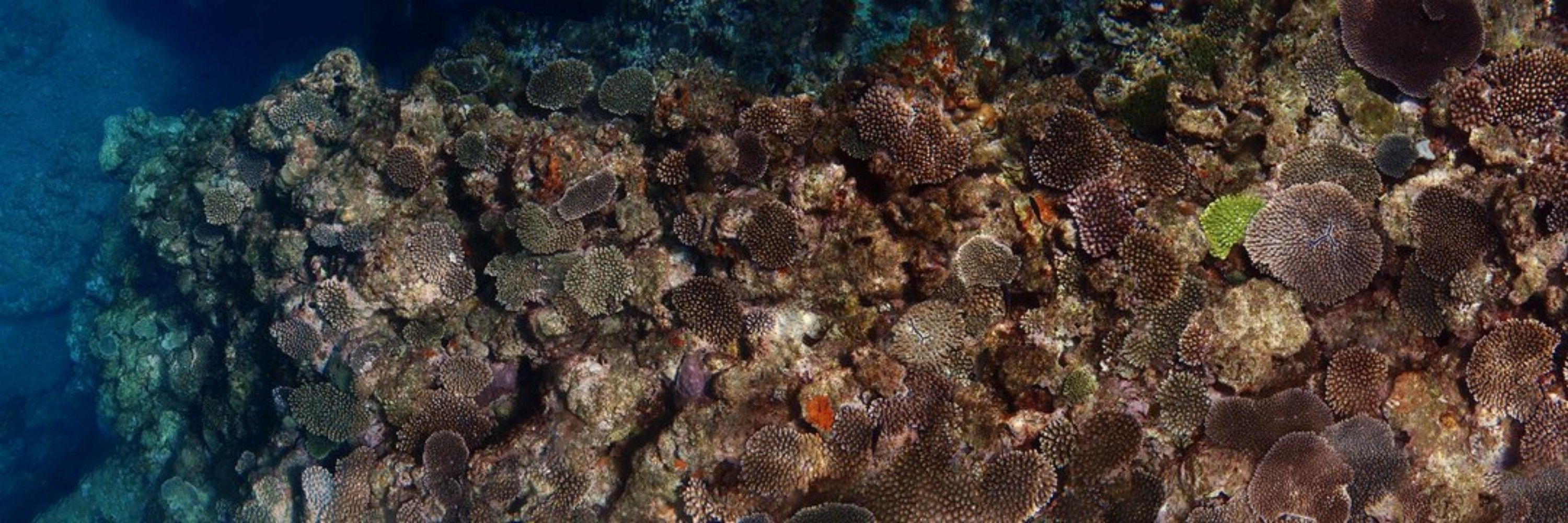
James Guest at 11.30am on a 5- year selective breeding trial
& myself at 12.00pm on natural adaptation and importance of which trait we choose for breeding
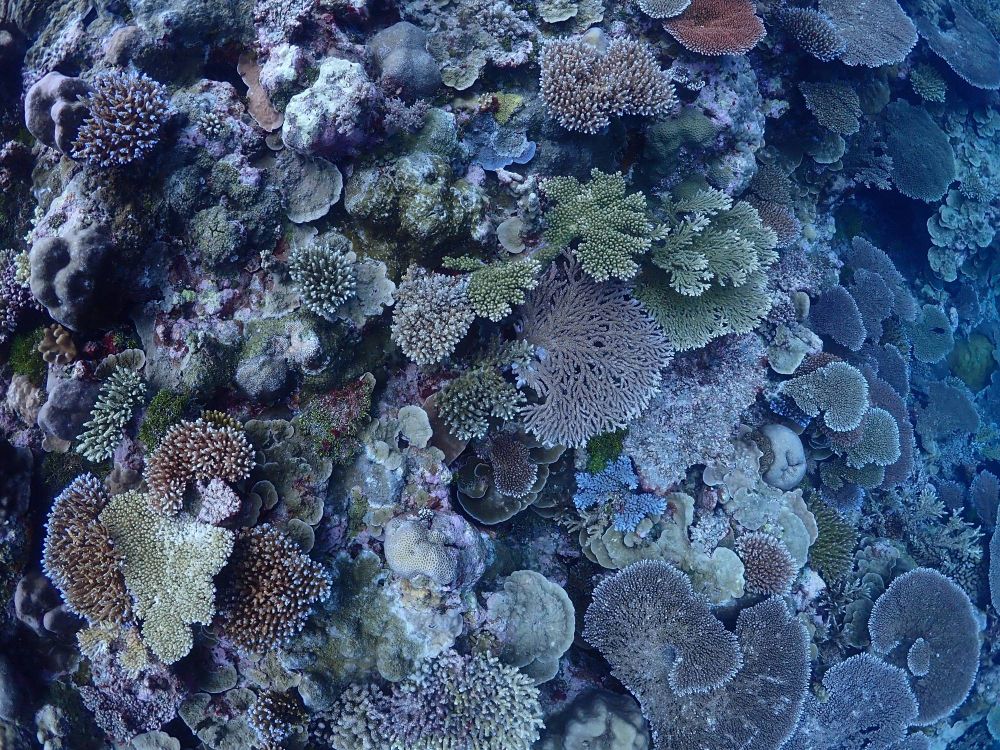
James Guest at 11.30am on a 5- year selective breeding trial
& myself at 12.00pm on natural adaptation and importance of which trait we choose for breeding
(12/12)
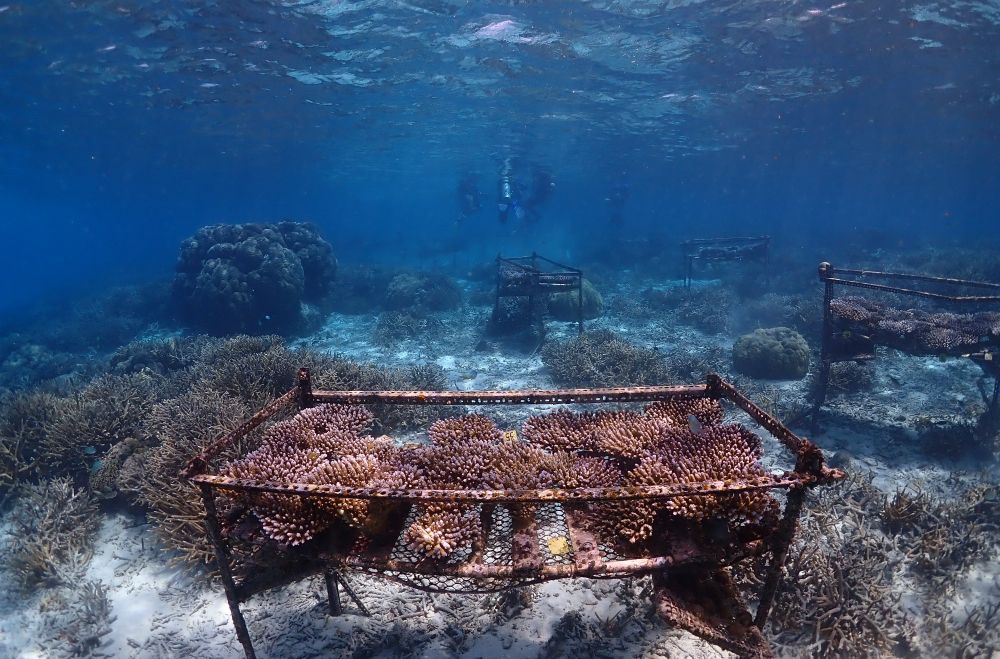
(12/12)
& wonderful coauthors: YM Bozec, J Bythell, @simondonner.bsky.social, H East, AJ Edwards, Y Golbuu, M Gouezo, J Guest, A Humanes, C Riginos & P Mumby
(11/12)

& wonderful coauthors: YM Bozec, J Bythell, @simondonner.bsky.social, H East, AJ Edwards, Y Golbuu, M Gouezo, J Guest, A Humanes, C Riginos & P Mumby
(11/12)
(10/12)

(10/12)
doi.org/10.1038/s414...
(9/12)

doi.org/10.1038/s414...
(9/12)
It's also a call away from complacency. Adaptation may well help maintain coral populations if we can deliver on decarbonisation.
(8/12)

It's also a call away from complacency. Adaptation may well help maintain coral populations if we can deliver on decarbonisation.
(8/12)
This holds true even for an upper limit of adaptive potential, where heat tolerance is 100% genetically determined & inherited perfectly.
(7/12)

This holds true even for an upper limit of adaptive potential, where heat tolerance is 100% genetically determined & inherited perfectly.
(7/12)
Including adaptation in our model can make the difference between Acropora corals being lost vs. persisting, albeit with a potential loss of reef function
(6/12)

Including adaptation in our model can make the difference between Acropora corals being lost vs. persisting, albeit with a potential loss of reef function
(6/12)
But if we can achieve Paris Agreement commitments and limit warming to 2°C, then natural selection could allow Acropora populations to thrive beyond 2050.
(5/12)

But if we can achieve Paris Agreement commitments and limit warming to 2°C, then natural selection could allow Acropora populations to thrive beyond 2050.
(5/12)
We set out to test whether coral adaptation via natural selection could occur fast enough to keep pace with ocean warming.
(3/12)

We set out to test whether coral adaptation via natural selection could occur fast enough to keep pace with ocean warming.
(3/12)
doi.org/10.1126/scie...
Our thoughts at The Conversation:
theconversation.com/corals-can-a...
Open access accepted version:
eprints.ncl.ac.uk/302731
(2/12)

doi.org/10.1126/scie...
Our thoughts at The Conversation:
theconversation.com/corals-can-a...
Open access accepted version:
eprints.ncl.ac.uk/302731
(2/12)
and published in PLOS Climate, the paper explores how heat-mediated mass bleaching and the heat tolerance of a focal coral species vary across reefs that have contrasting historical exposure to marine heatwaves.
journals.plos.org/climate/arti...

and published in PLOS Climate, the paper explores how heat-mediated mass bleaching and the heat tolerance of a focal coral species vary across reefs that have contrasting historical exposure to marine heatwaves.
journals.plos.org/climate/arti...
Part of the fruitful Coralassist Lab - PICRC collaboration, with support from the Horniman Museum, Uni. Of Exeter, Derby Uni. & Uni. Victoria
Funded by ERC, with support from UKRI / NERC
(9/9)
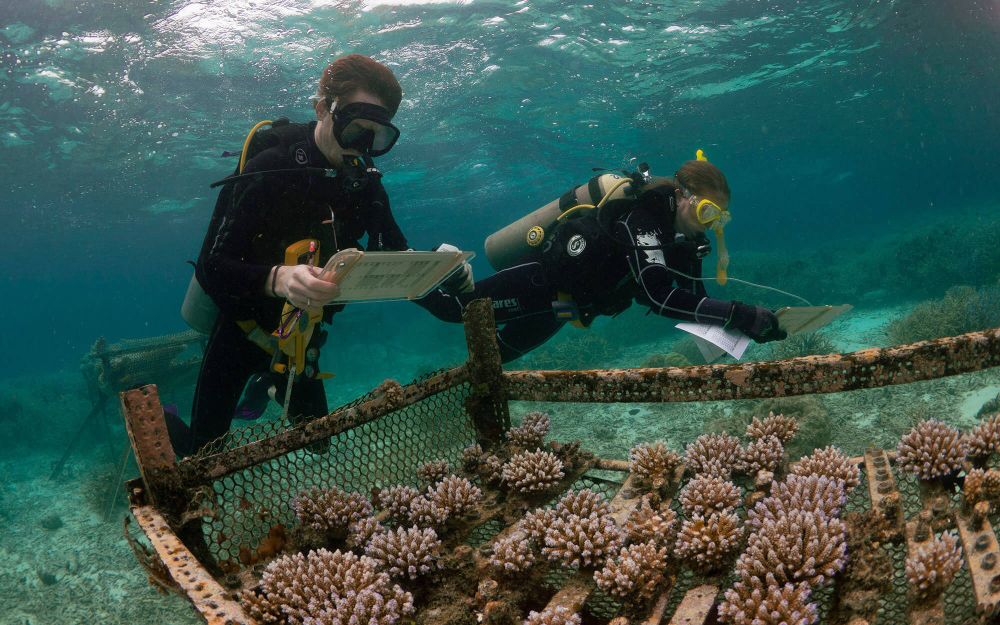
Part of the fruitful Coralassist Lab - PICRC collaboration, with support from the Horniman Museum, Uni. Of Exeter, Derby Uni. & Uni. Victoria
Funded by ERC, with support from UKRI / NERC
(9/9)
R&D is needed to optimise breeding interventions and maximise positive impacts.
Ultimately, reefs still depend on rapid reductions in greenhouse gas emissions.
(8/9)
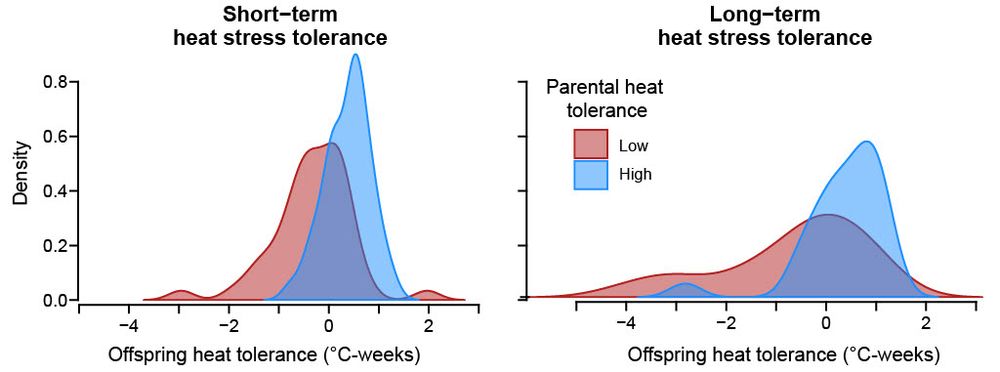
R&D is needed to optimise breeding interventions and maximise positive impacts.
Ultimately, reefs still depend on rapid reductions in greenhouse gas emissions.
(8/9)
To maximise coral fitness in the face of climate change, care will be needed when selecting which traits to breed for.
(7/9)
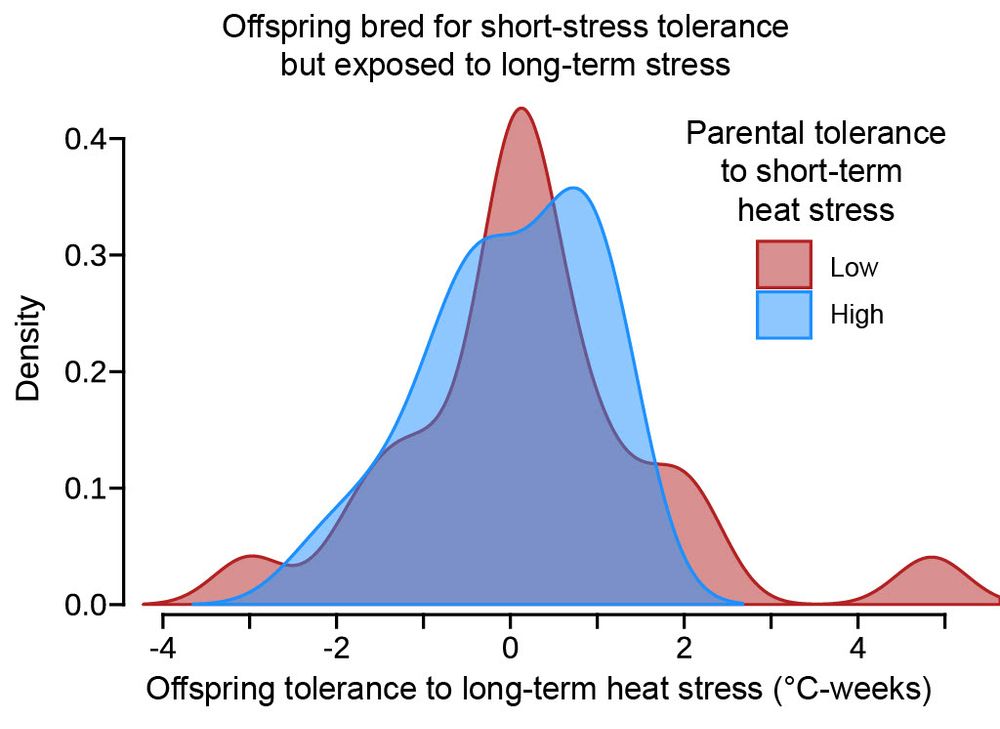
To maximise coral fitness in the face of climate change, care will be needed when selecting which traits to breed for.
(7/9)
The heritability of heat tolerance traits was ~0.2-0.3.
This means these traits have a substantial genetic basis but are also heavily influenced by other non-genetic factors.
(6/9)
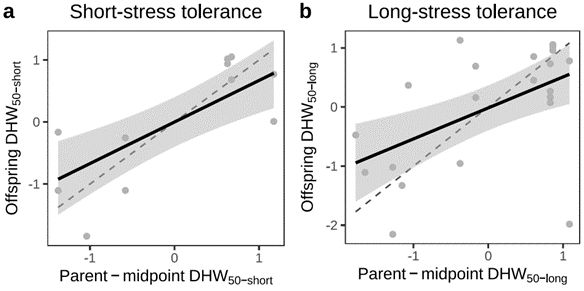
The heritability of heat tolerance traits was ~0.2-0.3.
This means these traits have a substantial genetic basis but are also heavily influenced by other non-genetic factors.
(6/9)
They can withstand the heat stress for a longer duration before the onset of bleaching and mortality.
(5/9)
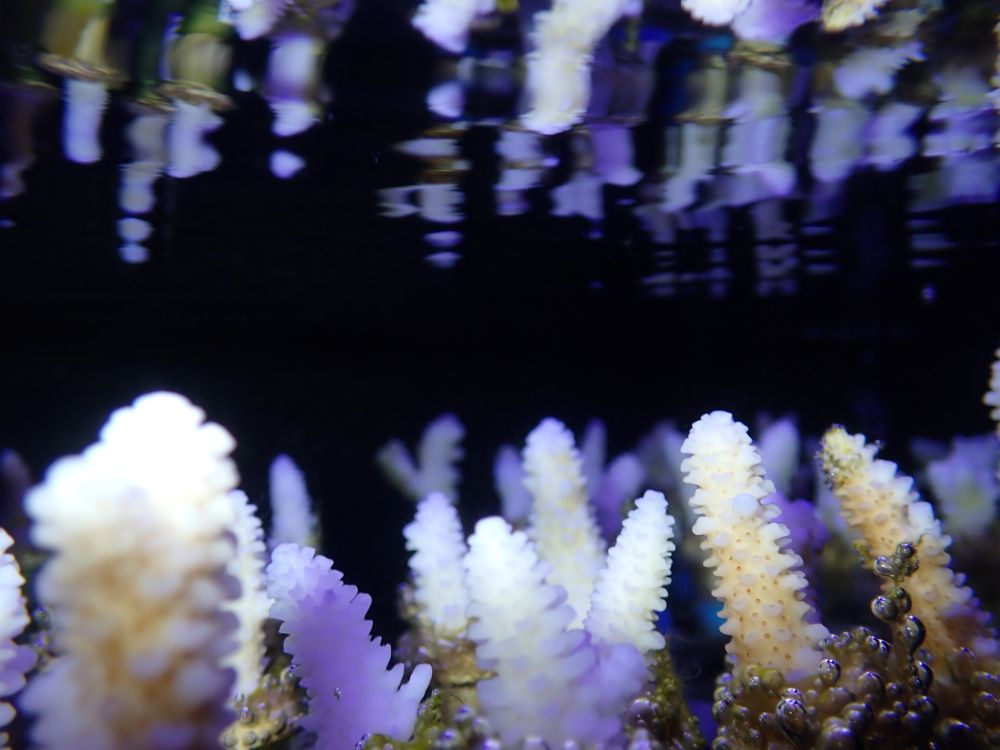
They can withstand the heat stress for a longer duration before the onset of bleaching and mortality.
(5/9)
At this stage, the offspring were exposed to the same heat stress tests that were used years before to select their parents.
(4/9)
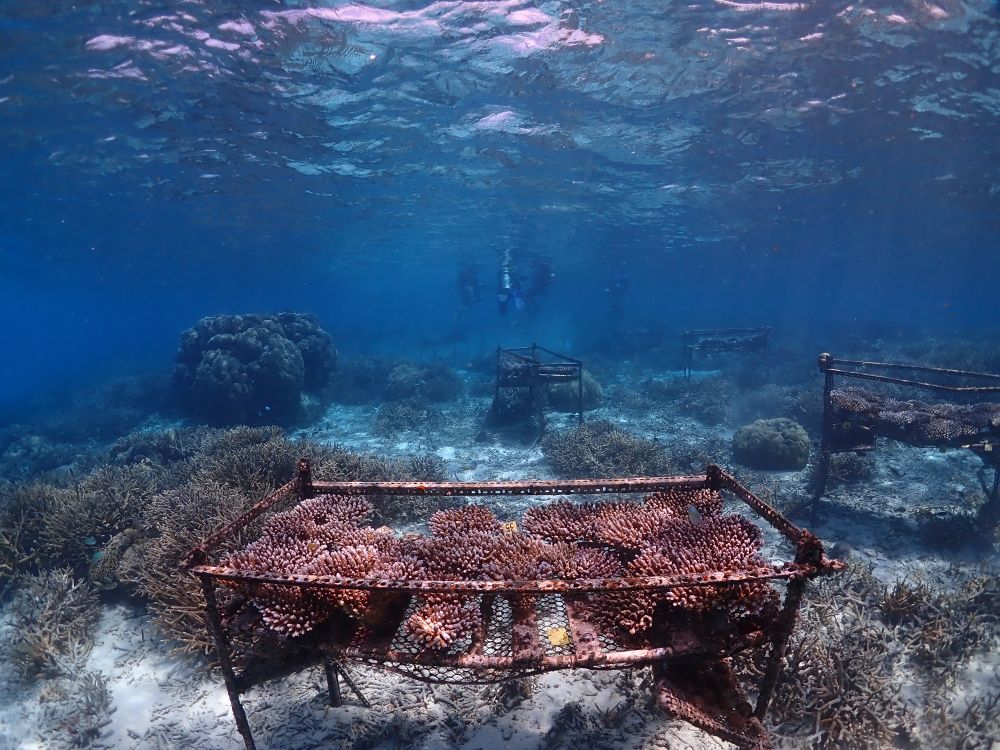
At this stage, the offspring were exposed to the same heat stress tests that were used years before to select their parents.
(4/9)
- a short-term ~1-week +3.5 °C heat stress
- long-term ~1-month +2.5 °C heat stress
(3/9)
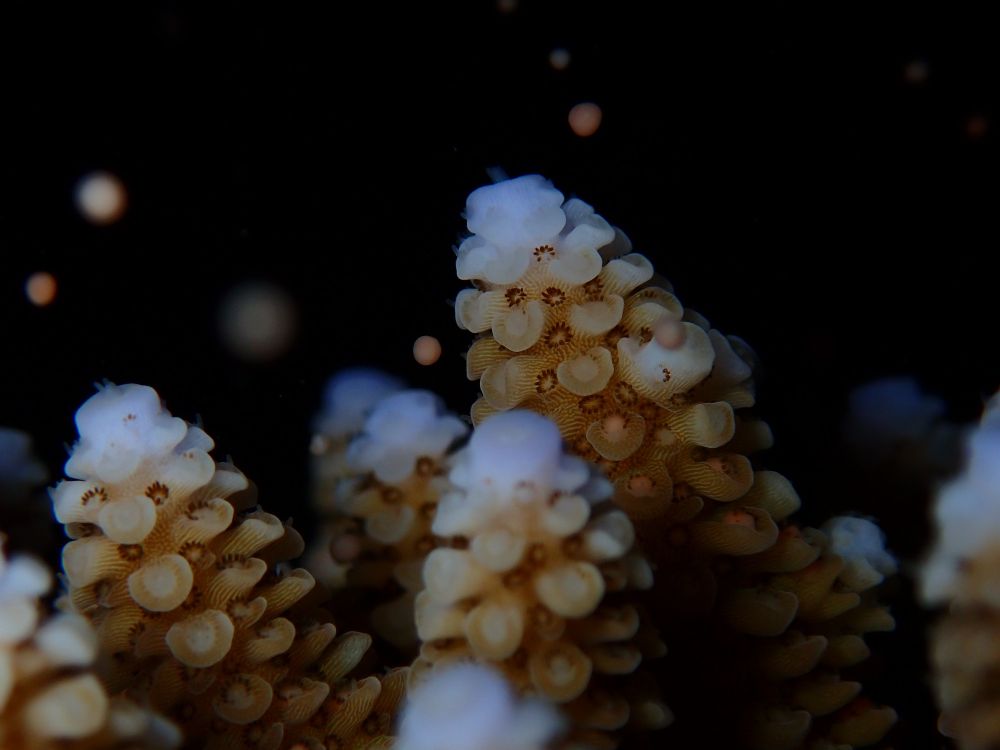
- a short-term ~1-week +3.5 °C heat stress
- long-term ~1-month +2.5 °C heat stress
(3/9)

